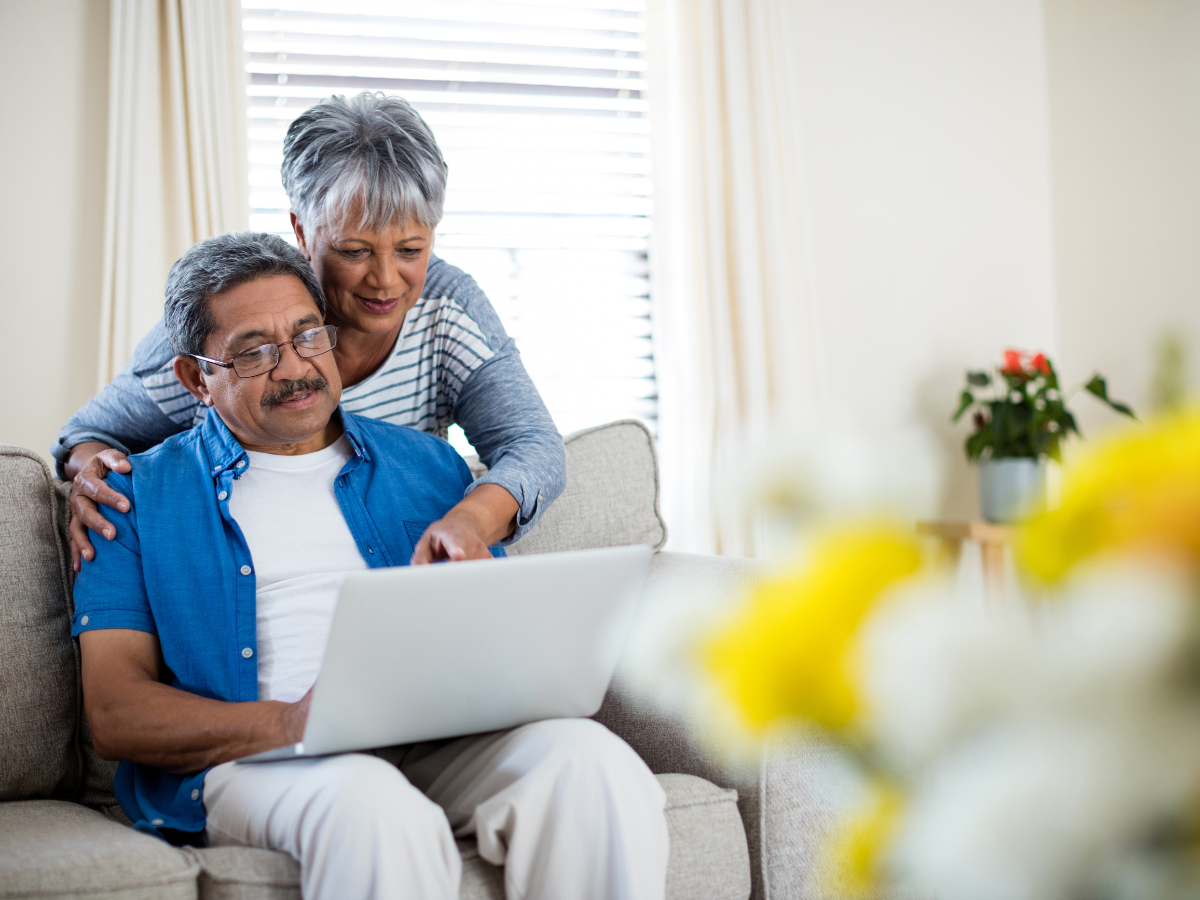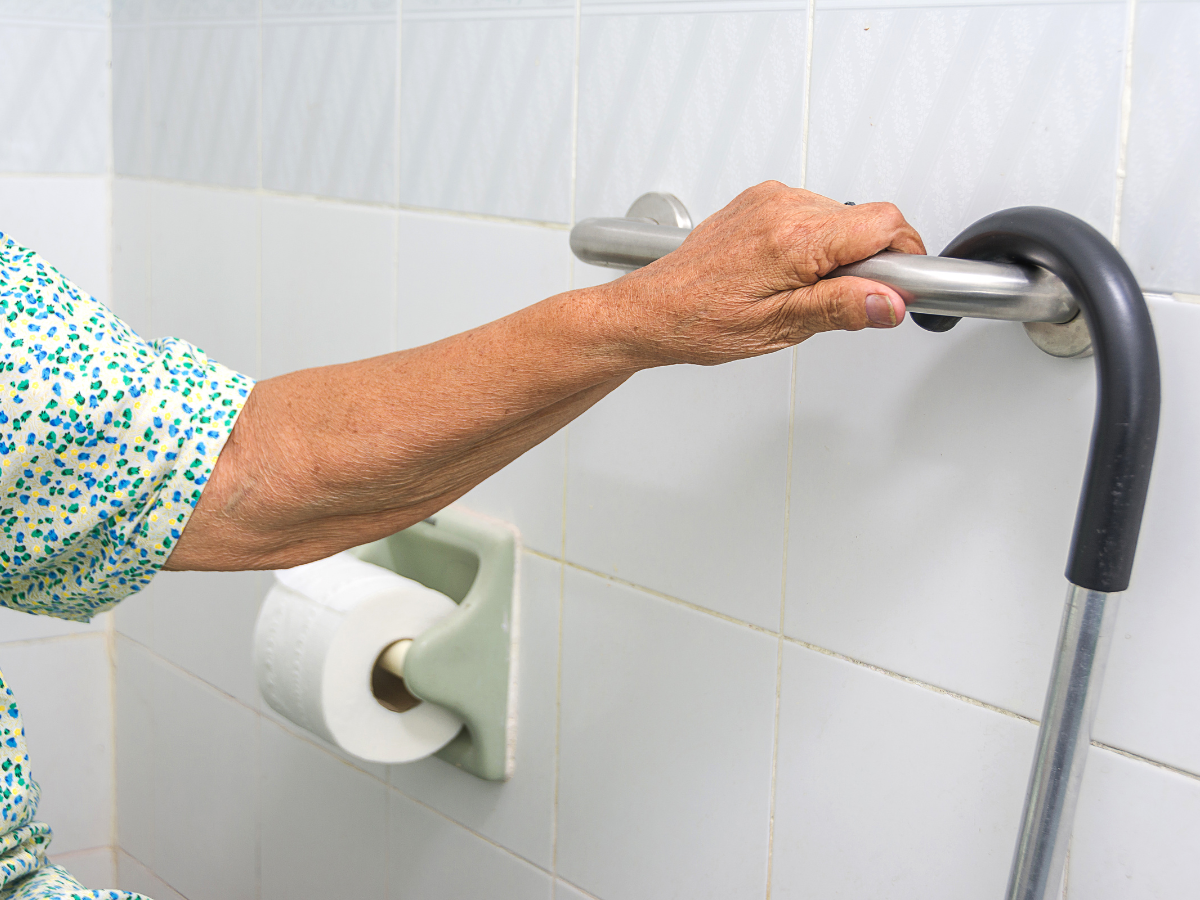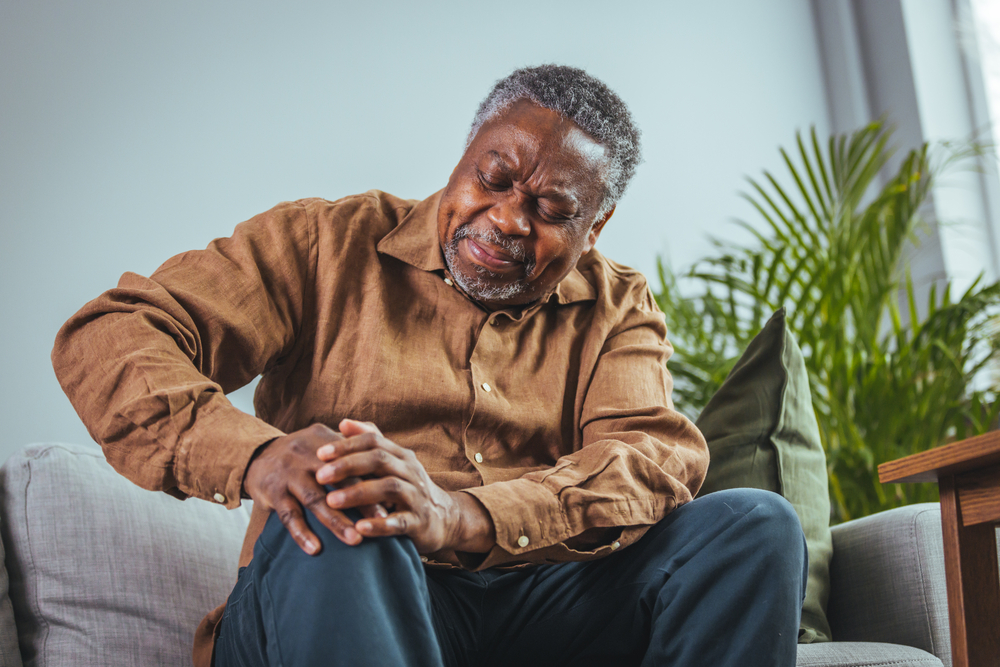For the most part, we’re all aware of how important it is to get a good night’s sleep. No matter your age, if you spend an entire night tossing and turning, you’re not bound to have much energy the following day. We all need sleep to re-energize ourselves for each day. But, as we age, restful sleeps are harder to come by.
On SleepFoundation.org, Rob Newsom points out that aging affects everyone differently. However, many older adults complain about their sleep patterns. They are either not getting enough sleep or the sleep they do get isn’t very restful. Why is it so hard for seniors to get good sleep? It often begins with changes in their sleep architecture.
What is sleep architecture?
According to Newsom, “sleep architecture refers to how people cycle through the different stages of sleep”. Simply described, the four sleep stages are being awake, light sleep, deep sleep and REM. During REM, your brain is more active. This is when you are most likely to have intense dreams. Most seniors spend the majority of their sleep time either awake or close to it.
“Older adults spend more time in the earlier, lighter stages of sleep and less time in the later, deeper stages,” writes Newsom, “These shifts may contribute to older people waking up more often during the night7 and having more fragmented, less restful sleep.”
What keeps seniors up at night?
The reasons are many. They include pain, night time urination, insomnia and daytime drowsiness. As Newsom informs, “around 20% of older people experience excessive daytime sleepiness, which may be a sign of an underlying health condition rather than merely old age. Excessive daytime sleepiness in older adults may be a symptom of health issues like sleep apnea, cognitive impairment, or cardiovascular issues.”
Restless leg syndrome can also be a problem. RLS actually impacts upwards of 20 percent of older adults. The condition causes an urge to move the legs while resting or sleeping. Periodic limb movements or PLMS is a related issue. It causes involuntary movement in the lower limbs, especially the feet.
What can seniors do to sleep better at night?
Exercise is highly recommended. When seniors engage in light exercise throughout the day, they tend to fall asleep faster at night. They also sleep longer in the more restful stages of sleep. In addition, it’s wise to eliminate bedroom distractions. As Newsom points out, televisions, cell phones and bright lights can make it more challenging to fall asleep. He also recommends avoiding substances that discourage sleep.
“Substances like alcohol, tobacco, caffeine, and even large meals late in the day can make sleep more challenging, he writes, “Try quitting smoking, reducing caffeine intake, and eating dinner at least four hours before bedtime.”
At Advantage Home Health Solutions, we offer both adjustable beds and home hospital beds for home use. Both offer much more comfortable and safe sleeps at night. To learn more, please don’t hesitate to give us a call at 403-460-5438. You may also email us by filling out the form on our Contact page!




